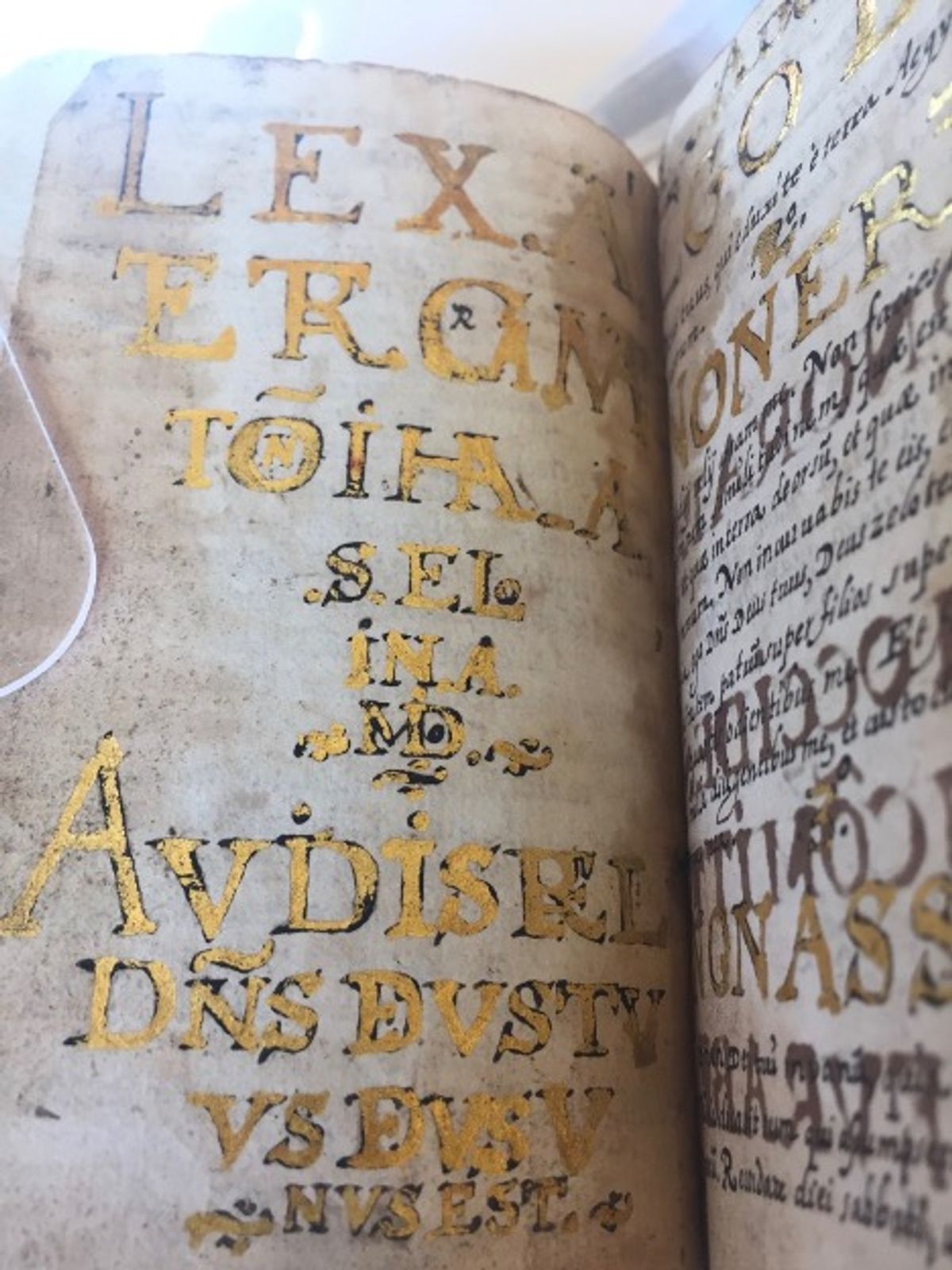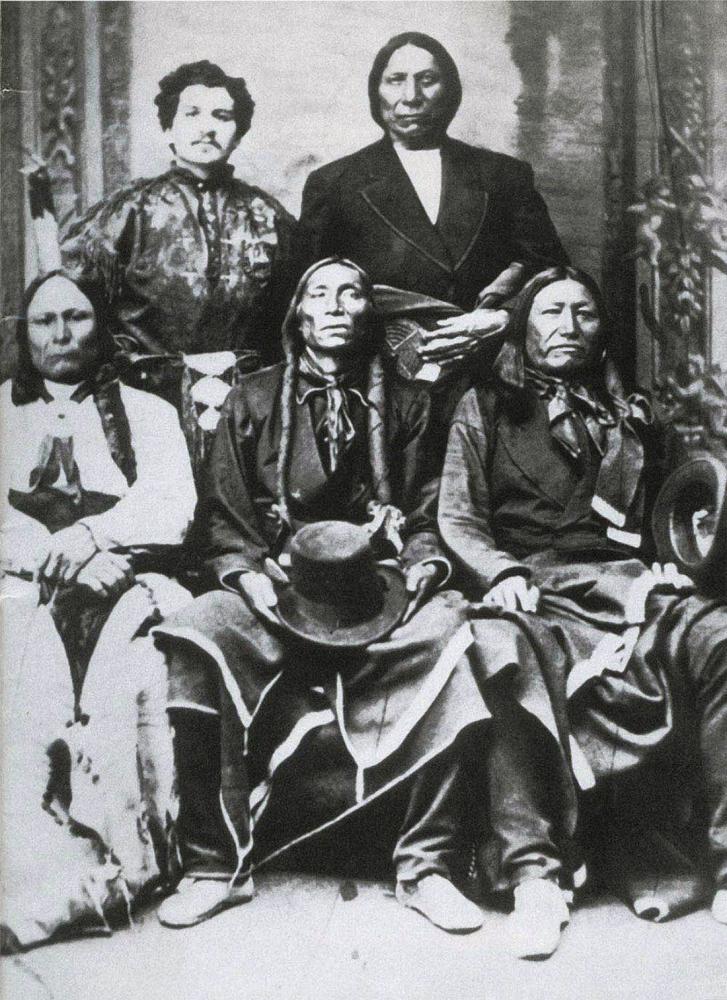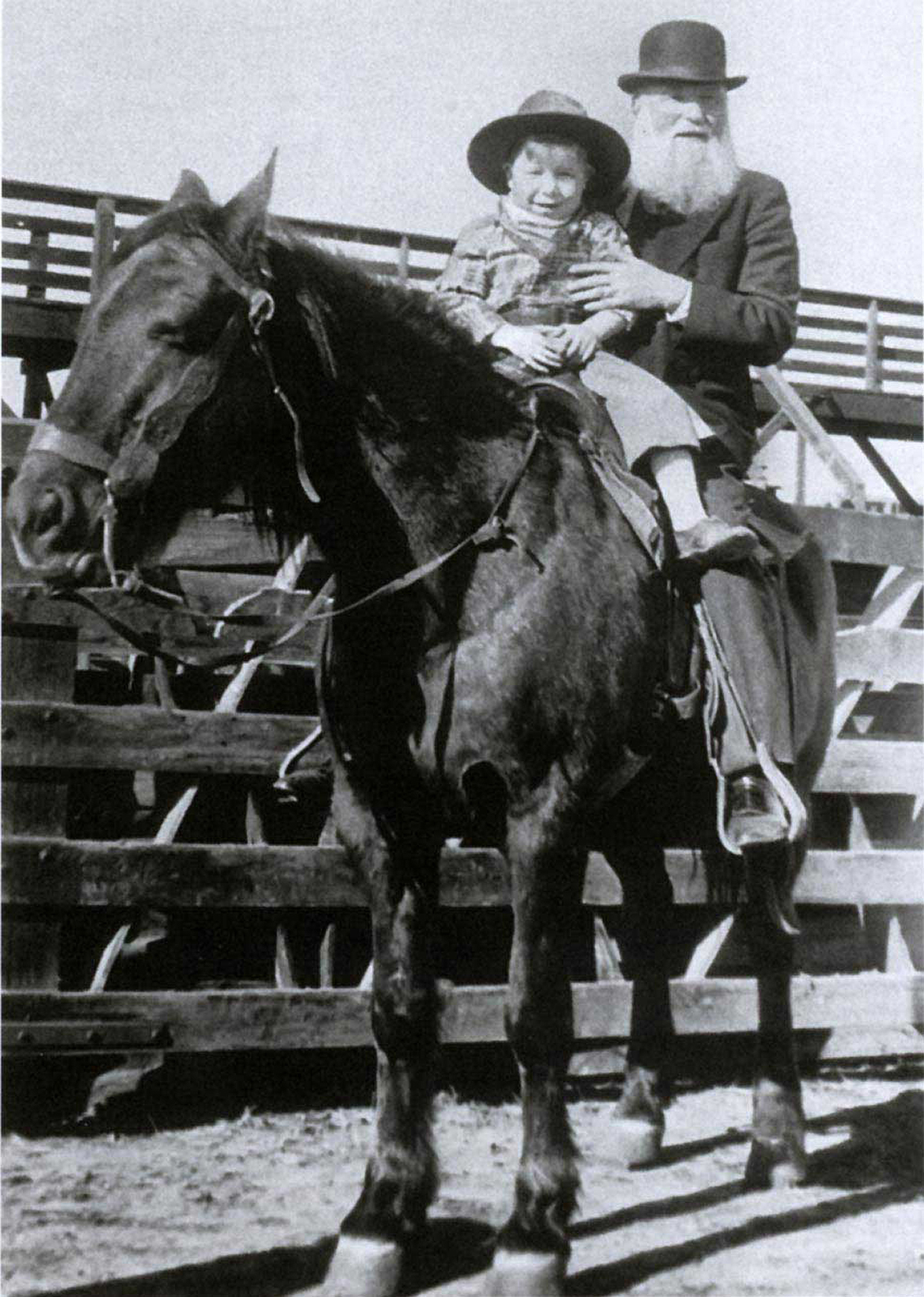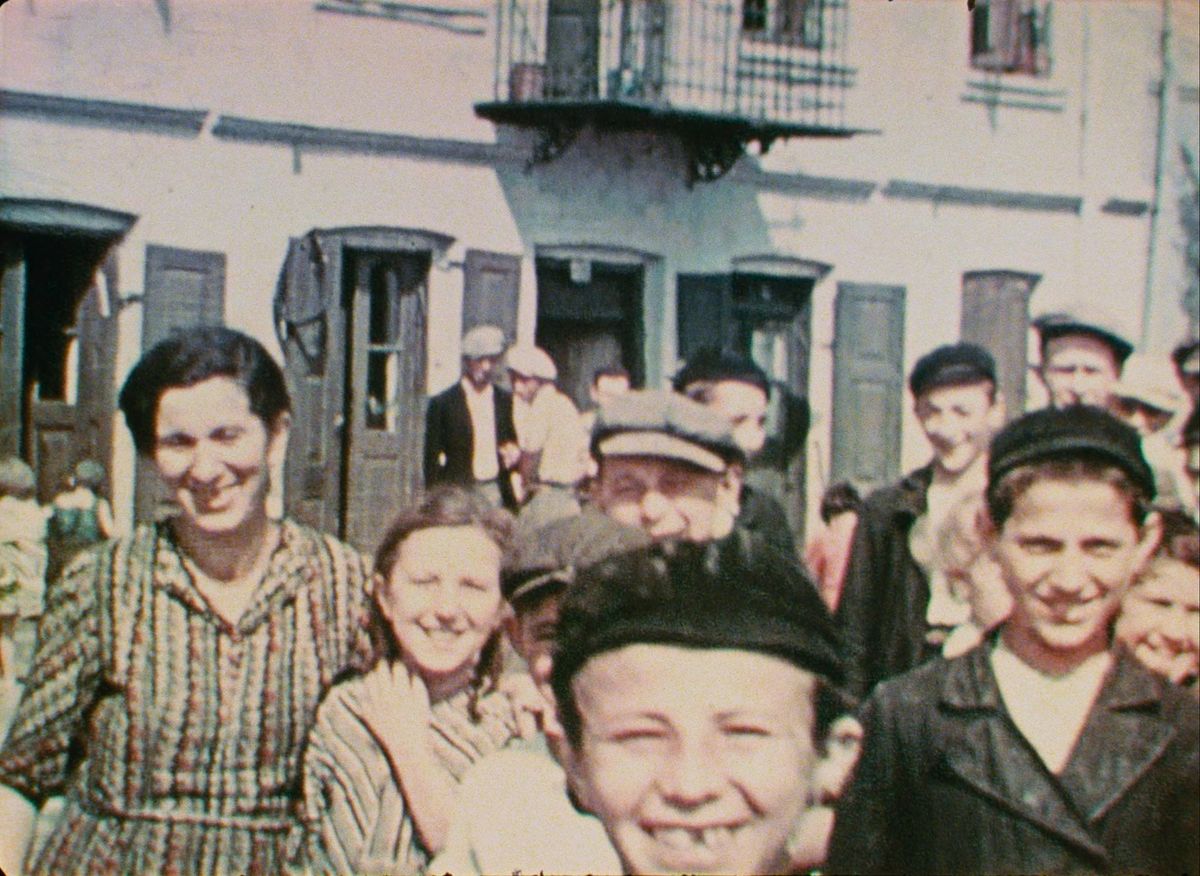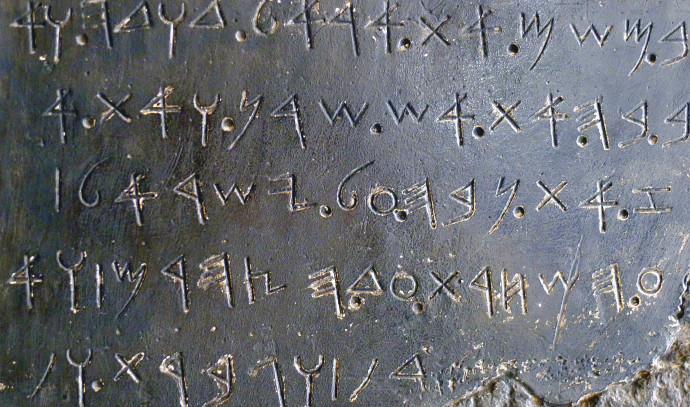Sixties Fan
Diamond Member
- Mar 6, 2017
- 67,554
- 12,083
- 2,290
- Thread starter
- #321
Early History
From the period of the 12th century C.E. until the mid-18th century, Jews in Serbia were generally treated well. They were traders mainly involved in selling salt. By the end of the Turkish rule over Serbia, Jewish tradesmen were largely responsible for the trade route between the northern and southern ends of the lands ruled by the Turks.
In 1804, the Serbs waged a war against the Turks for their independence. In response to the violent revolt, many Jews moved to Zemun and created their own community there. In support of the wars of independence, Jews supplied the Serbs with weapons, and in return, Jews faced brutal attacks by the Turks.
The wars of independence lasted until 1830 when the Serbs gained the right to self-rule.
The new Serbian government was not as friendly in their relations with Jewish citizens. In fact, by 1831, the Serbs had already begun to prohibit Jews from certain professions. Prince Milosh Obrenovich tried to improve the Jewish situation, but he was overtaken by the Karageorgevich family in 1842. The new dynasty sympathized with non-Jewish merchants and, by 1845, the Serbian Jews had been prevented from participating in even the most basic of professions such as tailoring.
In 1856, Jews were expelled from provincial towns. Prince Milosh Obrenovich reclaimed his role as ruler and again Jews were hopeful of their situation. By 1860, however, Milosh's son was ruling and he followed the ways of the Karageorgevich rulers. Non-Jewish merchants were again favored and Jewish Serbs were prohibited from the mercantile industry.
The inconsistency of the laws regarding Jews continued through the end of the 19th century. In 1861, for example, a decree that called for the expulsion of sixty Jewish families was retracted after one month. In its place, a law was written to allow Jews freedom to practice professions within their own communities. At the same time that the government declared an emancipation of all Serbian citizens, it also reverted back to past discriminatory laws against Jews. The Serbian parliament did not lift its restrictions on Jewish citizens until 1889. Because of blatant Serbian anti-Semitism, the Jewish population in the area decreased each year. In 1912, 5,000 Jews remained in Serbia. Jews in the region began to give their support to the Zionist cause. Sephardic communities, in particular, were influenced by Zionist ideals.
(full article online)
In 1804, the Serbs waged a war against the Turks for their independence. In response to the violent revolt, many Jews moved to Zemun and created their own community there. In support of the wars of independence, Jews supplied the Serbs with weapons, and in return, Jews faced brutal attacks by the Turks.
The wars of independence lasted until 1830 when the Serbs gained the right to self-rule.
The new Serbian government was not as friendly in their relations with Jewish citizens. In fact, by 1831, the Serbs had already begun to prohibit Jews from certain professions. Prince Milosh Obrenovich tried to improve the Jewish situation, but he was overtaken by the Karageorgevich family in 1842. The new dynasty sympathized with non-Jewish merchants and, by 1845, the Serbian Jews had been prevented from participating in even the most basic of professions such as tailoring.
In 1856, Jews were expelled from provincial towns. Prince Milosh Obrenovich reclaimed his role as ruler and again Jews were hopeful of their situation. By 1860, however, Milosh's son was ruling and he followed the ways of the Karageorgevich rulers. Non-Jewish merchants were again favored and Jewish Serbs were prohibited from the mercantile industry.
The inconsistency of the laws regarding Jews continued through the end of the 19th century. In 1861, for example, a decree that called for the expulsion of sixty Jewish families was retracted after one month. In its place, a law was written to allow Jews freedom to practice professions within their own communities. At the same time that the government declared an emancipation of all Serbian citizens, it also reverted back to past discriminatory laws against Jews. The Serbian parliament did not lift its restrictions on Jewish citizens until 1889. Because of blatant Serbian anti-Semitism, the Jewish population in the area decreased each year. In 1912, 5,000 Jews remained in Serbia. Jews in the region began to give their support to the Zionist cause. Sephardic communities, in particular, were influenced by Zionist ideals.
(full article online)
Serbia Virtual Jewish History Tour
Encyclopedia of Jewish and Israeli history, politics and culture, with biographies, statistics, articles and documents on topics from anti-Semitism to Zionism.




